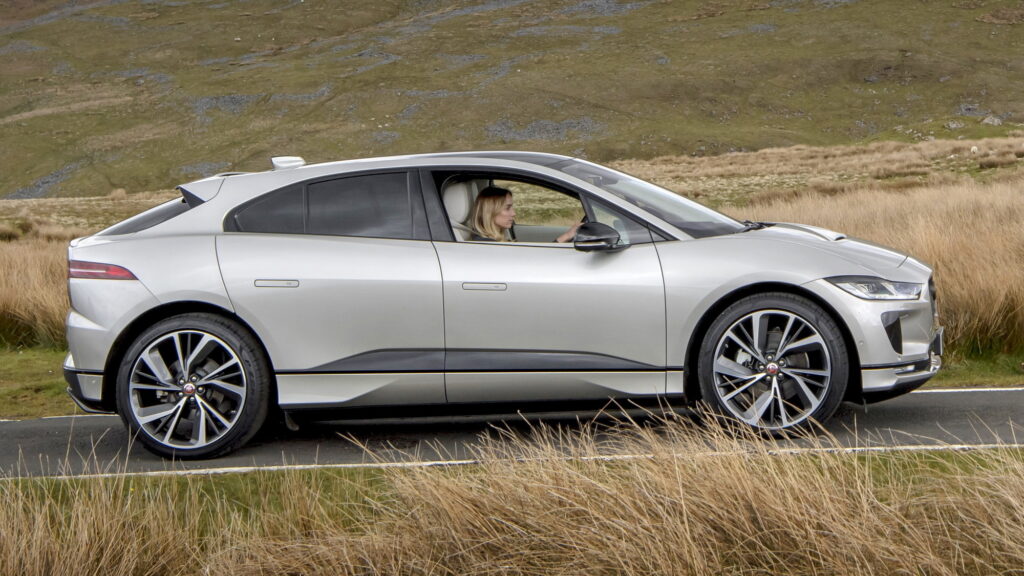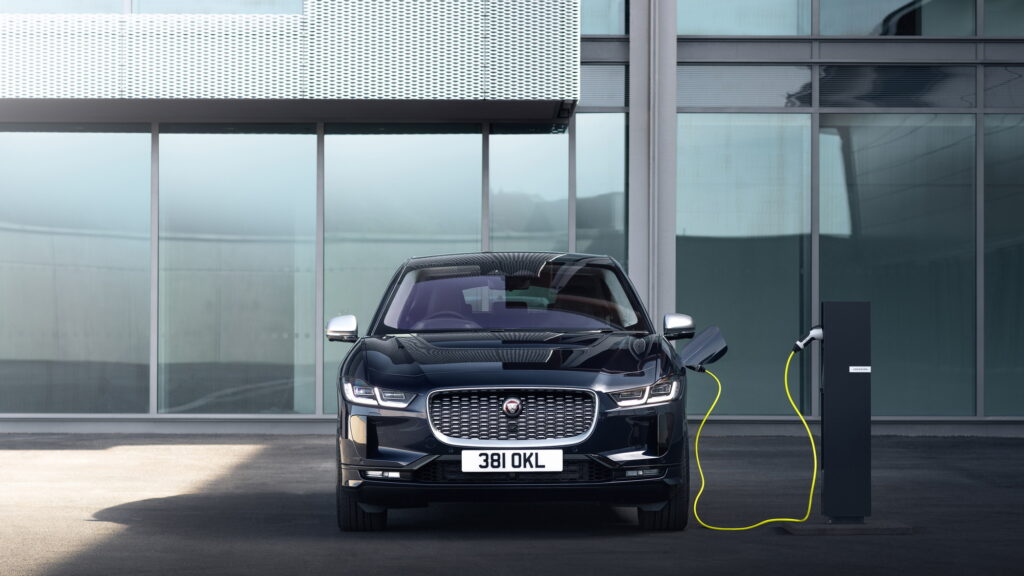Research organization finds that UK tax system for EVs disproportionately benefits the rich, recommends road duty
6 hours ago
 –>
–> 
by Sebastien Bell
–>
Tax systems are a complicated tool that must be implemented carefully, and the rise of electric vehicles puts that into sharp focus. The United Kingdom’s is the latest government that is being forced to weigh the benefits of EV’s lower pollution against the risk of regressive taxation.
As with other jurisdictions around the world, the UK is primarily concerned with lost revenue that EVs will represent in the form of avoided fuel taxes. The nation currently raises around £32 billion ($40 billion USD at current exchange rates) per year at the pump, reports Bloomberg.
As electric cars grow in popularity, they will not contribute to that fund and, by the end of the decade, it is expected that the UK will lose nearly a third of that, or £10 billion ($12.5 billion USD) per year, a group researching the matter called the Resolution Foundation has found.
Read: Texas EV Owners To Pay $200 Annual Registration Fee From Sep 1

“Unless we modernize road taxation to reflect the cars that are on our streets today and in the future, we risk putting more even pressure on the public finances and our crowded roads,” said Jonny Marshall, senior economist at the Resolution Foundation. “Our tax system needs to keep pace with the Electric Vehicle transition in a way that protects low- and middle-income households.”
The foundation has proposed a “road duty,” that raises money with every mile driven by an EV. This system has been proposed by other governments, such as Washington’s states. Others, like Texas, have introduced an annual fee that owners must pay when they renew their vehicle’s registration.
advertisement scroll to continue
A straight equivalent to the fuel duty, such as a per kilowatt charge, wouldn’t necessarily be more progressive. Already, the UK has a 20 percent value added tax at public charging points, but the Resolution Foundation points out that this targets lower income EV drivers. Richer drivers can afford to own a garage and charge at home, where the tax is just five percent, something the researchers described as a “pavement tax,” and that they recommend cutting.
While there are fears that additional taxes could slow EV adoption, the Resolution Foundation points out that, in the UK, the richest 20 percent of households are the ones that fund two thirds of new car purchases. Not figuring out how to better raise taxes on EVs, then, could effectively be considered a tax break for the rich.

 –>
–> 